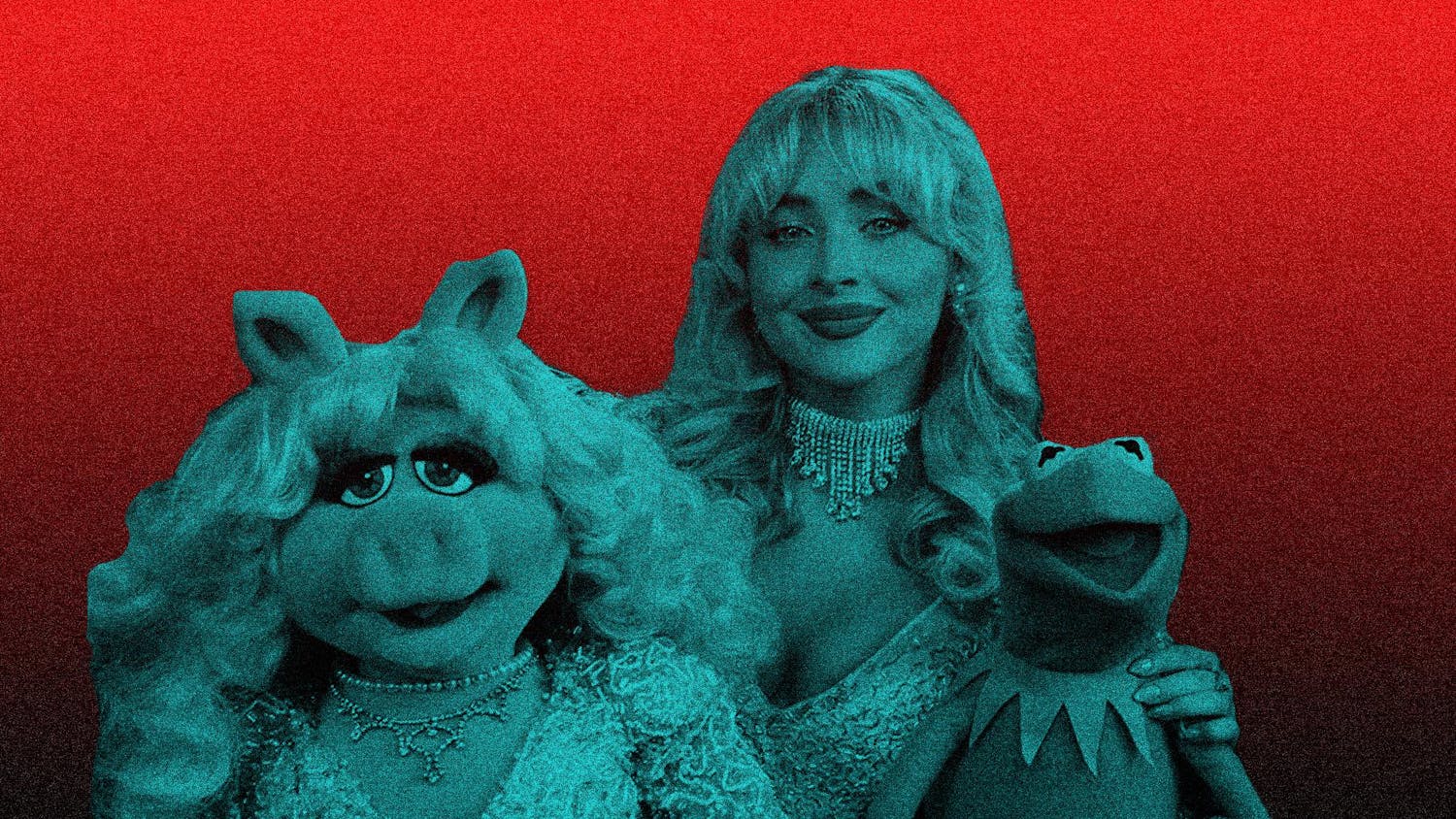What’s the most famous piece of British media? The answer seems obvious, but I’m not talking about “The Beatles.” Or “James Bond.” Or “Harry Potter.” Or “Sherlock Holmes.” Perhaps there are many clear answers to this question, but the one I’m discussing today is “Doctor Who.”
“Doctor Who” has been running for decades, and so far, over 16 different actors have played the titular role, The Doctor. The actors all portray the character differently — some more comedic, some darker; some more muted, some more zany. Throughout it all, though, the Doctor is a singular figure, just in different bodies. Quite literally, actually. The character “regenerates” each time they die, a plot device invented to write out William Hartnell, the actor for the First Doctor, due to his failing health. In a series that deals with time travel, murder-robot aliens and demonic angel statues that will kill people who blink, somehow regeneration seems normal. Audiences familiar with the show don’t just accept the regeneration, it’s a point of excitement. Speculation as to who the “next” Doctor will be is a consistent point of discussion in online spaces.
Britishness is inherently baked into “Doctor Who,” and over the course of more than six decades, Britain as a nation has taken in “Doctor Who” as part of their identity. In 2012, the eleventh actor to take on the role of the Doctor — Matt Smith — participated in the Olympic Torch Relay for the Summer Olympic Games, and there were multiple episodes of Olympics-related programming dedicated to events surrounding Smith’s participation in the relay. The show is produced by the British Broadcasting Company (BBC), and for many years it was intended only for British audiences. Their wacky cousins out west (read: Americans) could watch the show if they really wanted to, and in the 2010s, it turned out Americans really wanted to. Blowing up in popularity alongside fellow BBC broadcast “Sherlock,” a large international fanbase for the show grew online, predominantly on the social media website Tumblr.
While American interest in the show had been rising since the era of the Tenth Doctor, played by David Tennant, Tumblr’s user base grabbed onto the show during Matt Smith’s tenure. This spawned a unique online community, uniting fans of the CW’s (American) show “Supernatural” and the British “Doctor Who” and “Sherlock.” The fandom creatively dubbed themselves “SuperWhoLock.” While that community has died down a fair bit in the ensuing decade since its inception, American interest in the good Doctor still persists to this day. Enter Disney+.
Disney needs no introduction, as a company nor as a “brand identity.” If Disney has a finger in a pie, it ends up changing the taste a bit, for better or for worse. Disney is an American company, owners of the American Broadcasting Company (ABC), and now they’re producing “Doctor Who” .... sort of. They are mainly handling distribution, with some minor input on the production of the program. For distribution, they take care of marketing. Credit where credit is due, the company is doing a great job with it as the most recent trailer for the new season of “Doctor Who” got more views than the trailer for the exclusive cut of “Taylor Swift’s Era’s Tour” film. But not all of their decisions have been beloved.
It’s not unusual for streaming services to announce a specific date and time for an episode to debut. Oftentimes, these times are a set standard, releasing all across the world, accommodating for time zone differences. For example, a show releasing at 9 p.m. on the American East Coast will come out at 6 p.m. on the West Coast: same time, but it matters to those who live there. Disney+ has been touted as the new place to watch “Doctor Who,” and in the lead-up to the new season’s debut on May 11, 2024, the streamer has announced the timing. In America, the show will debut at 5 p.m. PST, 8 p.m. EST and … midnight in Britain. The nation that the show comes from. And is produced in.
This has been a controversial decision on Disney’s part. In Britain, some treat “Doctor Who” the same way many Americans treated “Game of Thrones” or “Stranger Things”: event television that you have to watch the moment it’s out, or you’ll miss out. To debut such a staple of British entertainment and culture at midnight, prioritizing the American audiences instead, is a decision that has audiences on both sides of the pond scratching their heads. Even American fans are generally in support of a better release schedule, favoring the British fans who cultivated and supported the show across all its history. It’s only a matter of time (and possibly space, due to the dual-nationality nature of the issue) until Disney makes it clear what’s going on.










